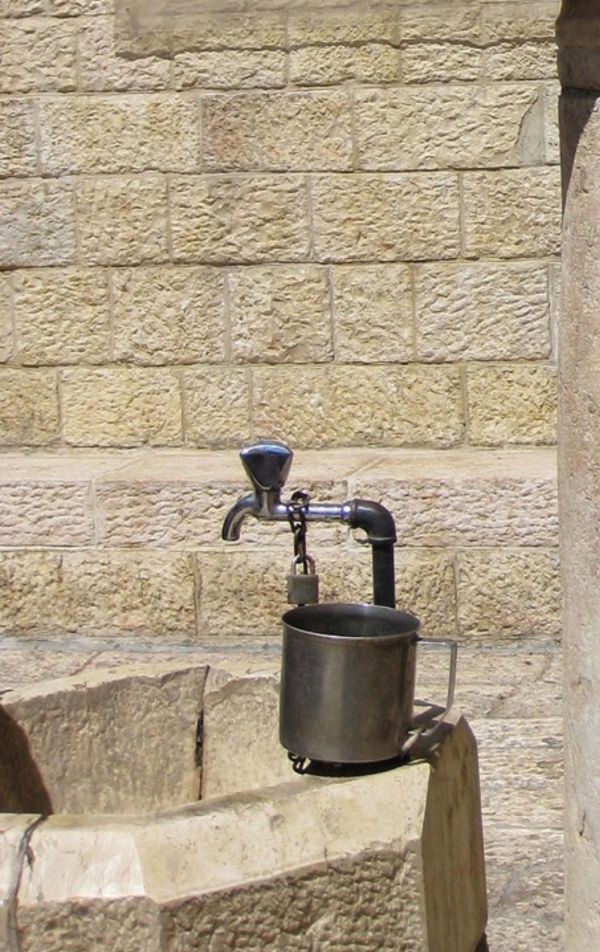Get closer without being submissive
(Mt 19:13-15)
«I prefer a Church which is bruised, hurting and dirty because it has been out on the streets, rather than a Church which is unhealthy from being confined and from clinging to its own security» [Evangelii Gaudium n.49].
We must not allow ourselves to be dragged along by the obvious dismissive sentences on legal impurity. According to Jesus, a useless, artificial weight; which curtails the wings and renders unhappy.
On the contrary, it’s always appropriate to acquire a different perception of the things of God in woman and man. And there is no need to be well trained in customary practices: young people are not.
What happened in the small churches of Galilee and Syria in the early 80s? Many pagans began to present themselves at the threshold of the (Judaizing) communities and were becoming a majority.
Members of the chain of command valued the incipients poorly qualified from the point of view of the observance of the ‘fathers’ dispositions .
Some haughty veterans considered the new ones who asked to be welcomed, like servants still murky [«paidìa»: age 9-11 years], contaminated and “mixed”.
At that time, in the conditions in which they lived, the boys certainly did not fulfill the laws of religious purity; but they served others, both at home and at work.
In short, Jesus proposes a paradigm change to the Apostles.
Make peace with the world of judgments.
The proposal seemed absurd to religions (all pyramidal), not for the person of Faith who proceeds on the Way, in the Spirit.
God does not believe at all that his holiness is endangered by contact with the normal realities of this world.
Indeed, the Lord and Master identifies himself precisely with the little boys of shop and house, with the "polluted" beings, socially null and badly valued.
This is to say: the disciple of the Kingdom cannot afford to disavow the needs of others.
Enough with clichés, nomenclatures, double standards and recognized procedures.
What matters is the concrete good of the real person, as her/he is.
The acceptance of little sons - that is, of those who are at the beginning - in their condition of creative and affective integrity, still considered ambiguous and transgressive, is an icon of a social, religious and inverted class logic; radically not homologable.
So woe to those who prevent the insignificants from going to the Lord!
The laying on of hands on them (vv.13.15) is a sign of redemption, enhancement, emancipation and promotion of the condition of the last, excluded, irrelevant, holdless and ‘mestizo’ [not pictures of candor].
Whoever welcomes a privileged man, a legalist, one who has made his way but doesn’t accept changes, hardly welcomes Jesus.
«In the synodal process […] it must not neglect all those “intuitions” found where we would least expect them, “freewheeling”, but no less important for that reason».
Only the unknown and uncertain must be placed at the center of the new Church that we will have to build.
[Saturday 19th wk. in O.T. August 16, 2025]












